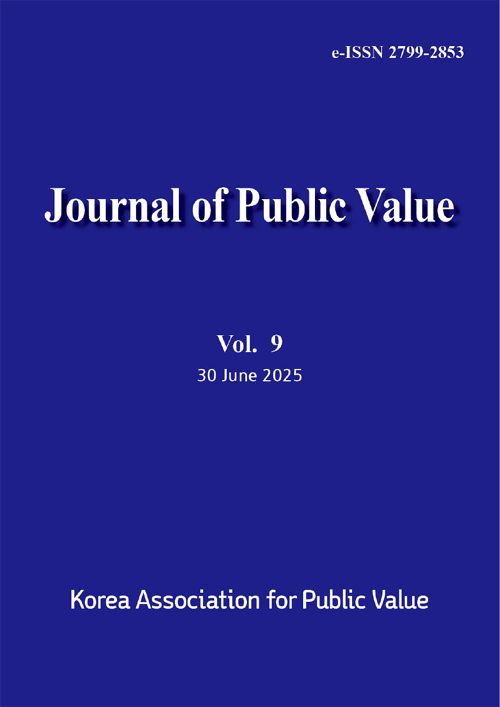Morocco’s African Foreign Policy: The North Africa Hegemon or Cooperation Partner?
- 한국공공가치학회
- Journal of Public Value
- Vol. 9
-
2025.0641 - 52 (12 pages)
-
DOI : 10.53581/jojopv.2025.9.1.41
- 0

Purpose: This article explores Morocco's strategic repositioning in Northwest Africa, focusing on its renewed engagement with sub- Saharan African countries. It highlights Morocco’s efforts to reinforce its political, economic, and cultural presence in the region, particularly following its reintegration into the African Union (AU) in 2017. The paper underscores the multidimensional nature of this policy shift, combining diplomacy, religion, migration cooperation, and economic investment as instruments of influence to enhance Morocco’s standing as a continental leader. Method: The analysis draws on a multidisciplinary approach combining political science, international relations, and geopolitical analysis. It uses qualitative data from official government declarations, bilateral agreements, regional organization communiqués, and public diplomacy initiatives. The study also references secondary sources such as academic literature and policy reports to contextualize Morocco’s strategies in the broader framework of African geopolitics and regional power dynamics. Results: Morocco has strategically reoriented its foreign policy toward sub-Saharan Africa, prioritizing West Africa and the Sahel as key zones of influence. This shift is marked by a multidimensional approach combining economic investment, religious diplomacy, and migration cooperation. The deployment of soft power—particularly through the promotion of Moroccan Islam and increased south-south trade—has been central to expanding Morocco’s regional presence. Security concerns, especially counterterrorism and migration flows, have further driven Morocco’s engagement with African and European partners. Additionally, Morocco’s assertive diplomacy is closely tied to its efforts to neutralize support for the Polisario Front and counter Conclusion: Morocco’s renewed African strategy is both pragmatic and ambitious, aimed at redefining its role in Africa while consolidating its sovereignty over Western Sahara. By leveraging economic partnerships, religious ties, and proactive diplomacy, Morocco seeks not only to integrate itself more deeply into African political and economic structures but also to emerge as a central node in the continent’s future development. However, this strategy also faces challenges, including regional rivalries and the need for tangible outcomes from its expanding commitments.
1. Introduction
2. Theoretical framework
3. Morocco’s Political and Multilateral Diplomacy
4. Economic Diplomacy and Development Aid
5. Religious and Cultural Diplomacy
6. Perceptions of African States
7. Morocco’s Future Balancing Role as a Regional Player
8. Conclusion and Policy Implications
9. References
(0)
(0)